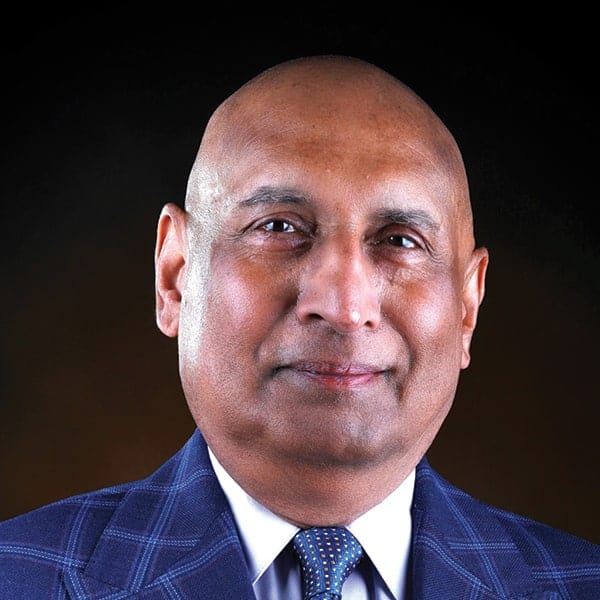By Bopanna Ballachanda
This article is a part of the March/April 2024, Volume 36, Number 2, Audiology Today issue.
The objective of “good governance,” adapted from the definition by Sir Adrian Cadbury in Corporate Governance and Chairmanship: A Personal View (2002), is as follows:

President | American Academy of Audiology
“holding the balance between economic and social goals and between individual and communal goals. The governance framework is there to encourage the efficient use of resources and equally to require accountability for the stewardship of those resources. The aim is to align the interests of individuals, the organization, and society as nearly as possible.”
Good governance includes identifying a vision, developing a strategy, selecting and supporting leadership to deliver that strategy, ensuring that progress is being made, and providing stewardship of resources and the guardianship of quality and safety—all done to the highest standards of probity and transparency (Thomas, 2021).
That statement holds for associations if the duty of governance needs to be taken seriously. The body of management is the “American Academy of Audiology.” There are many protocols in place to govern the activities of the association. I have chosen the topic “duty of governance” as my president’s message for this issue of Audiology Today (March/April 2024). The concept of “duty to govern” and “will to govern” is often unclear to the members.
The concept of governance in its primary sense includes three aspects: (1) the issue of legitimacy (or the right to govern), (2) the issue of obligation (or the duty to obey), and (3) the problem of governance (or the duty to govern). The implication of duty or the will to govern is to provide direction and control the activities of a group of people. As a leader, the person in charge must provide the parameters for the organization’s professional activities—to protect the members from outside interference and to provide for their professional growth and satisfaction in their professional achievements.
The American Academy of Audiology’s governance structure follows the general rules set forth by the democratic process. The members elect the president and the board. However, the members are the critical stakeholders in any association, including the American Academy of Audiology. The association’s health depends on the number of members and their participation by providing continuous information and soliciting prospective members, customers, and stakeholders.
We should strive to understand what is essential to a broad community of stakeholders. Remember that leadership must have a sufficient connection with the membership and evaluate the governance system (including structure and process). This process is essential to determine if it prevents them from effectively changing priorities to ensure relevance to their members’ changing marketplaces.
To this end, the Academy invites and encourages you to get involved; you can volunteer in a variety of ways. You can author or review an article for Audiology Today magazine and/or the Journal of the American Academy of Audiology, you can contribute to writing groups for guidelines and other strategic documents, you can be part of the AAA Annual Conference Program Committee and help shape education content for the profession, and you can also join a committee or a council. Consider the time as an opportunity to fulfill your “duty to govern” your association.
But most current of all, you can join us in Atlanta for AAA 2024+HearTECH Expo, April 17–20. We look forward to seeing you connect with colleagues, enjoy the city and fun events, and experience the breadth of knowledge and expertise at the educational sessions.
References
Cadbury A. (2002) Corporate Governance and Chairmanship: A Personal View. New York, NY: Oxford University Press.
Thomas M. (2021) The basics of good governance. Good Governance UK. www.good-governance.org.uk/publications/insights/the-basics-of-good-governance (accessed January 29, 2024).


